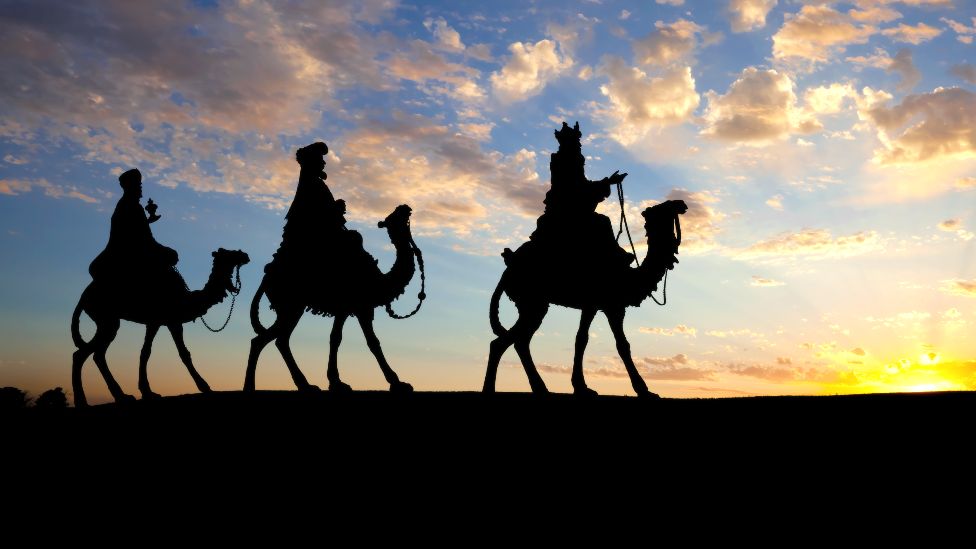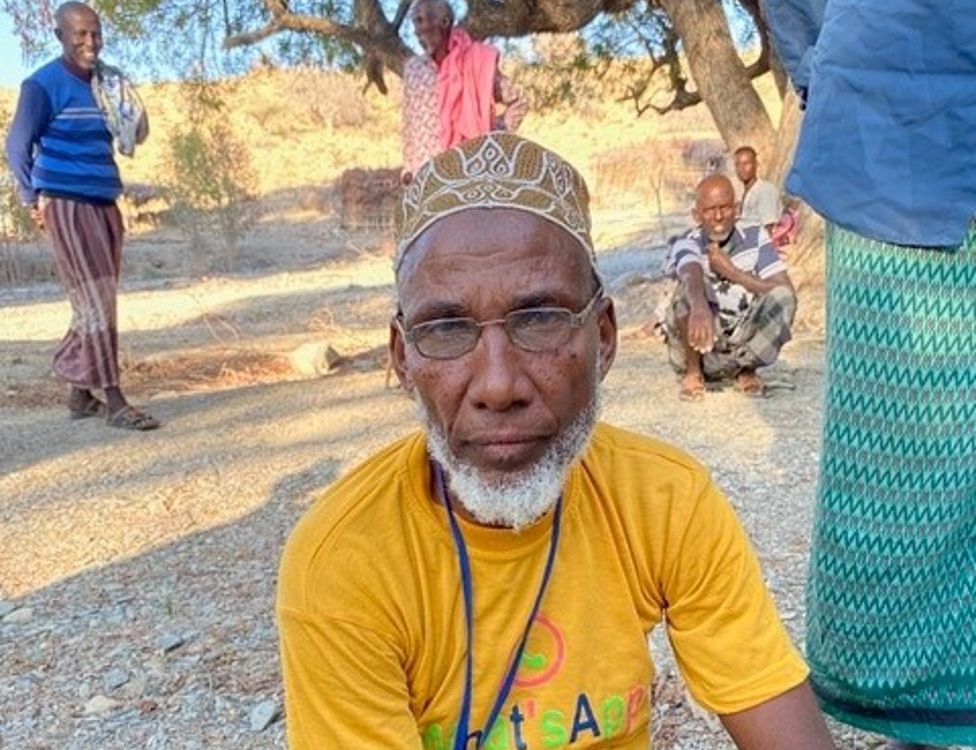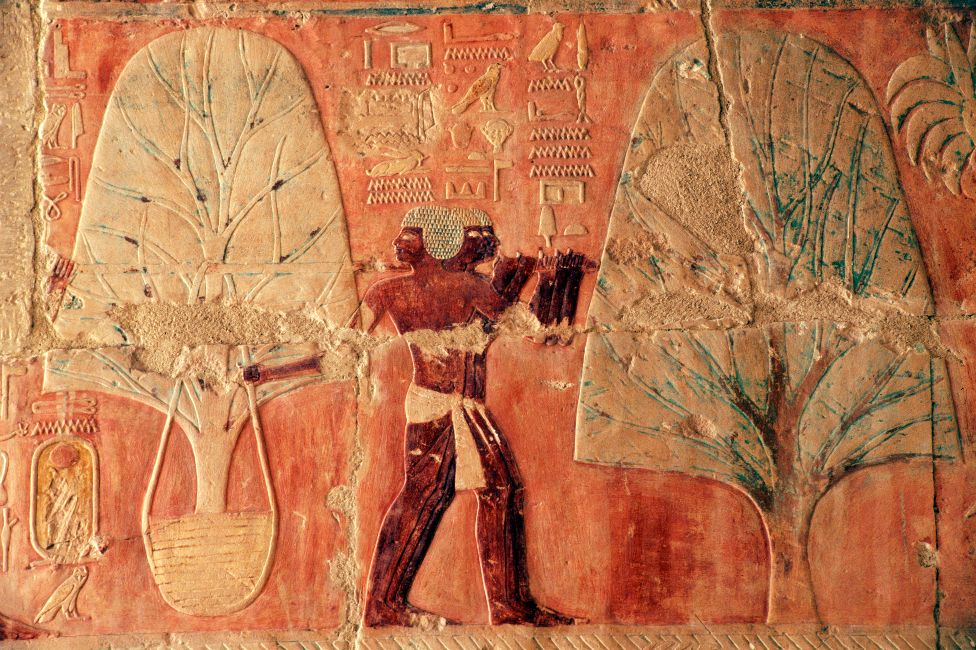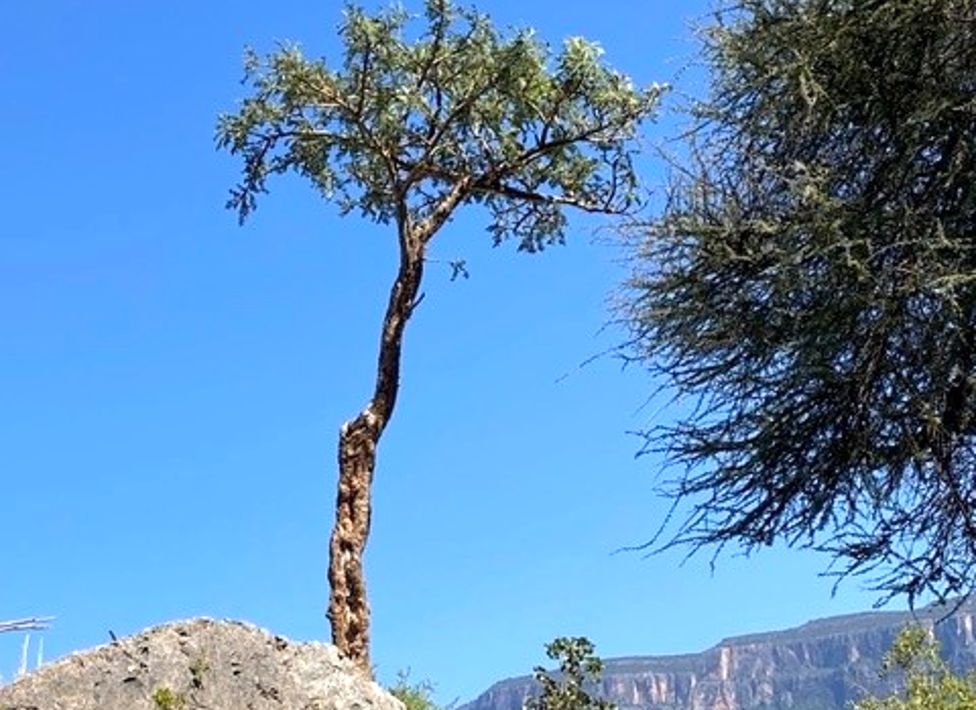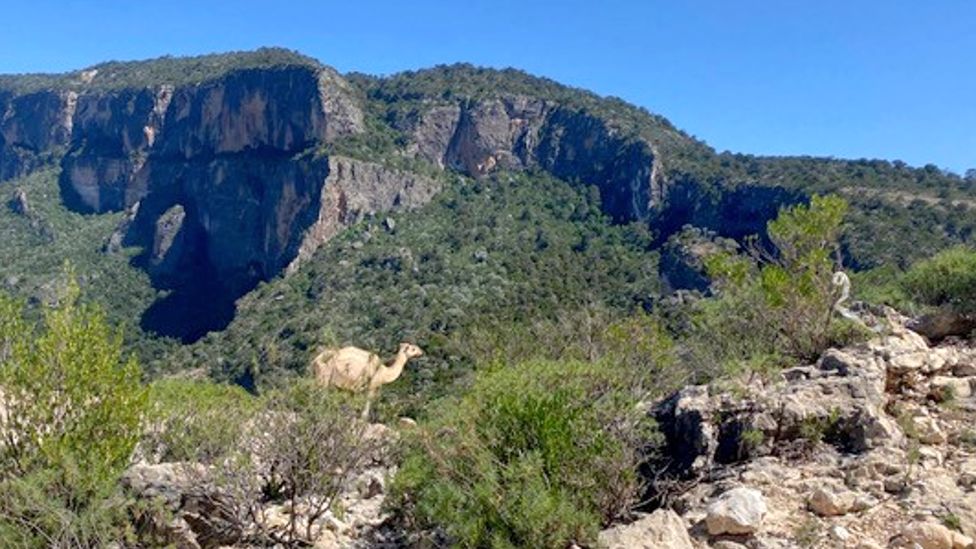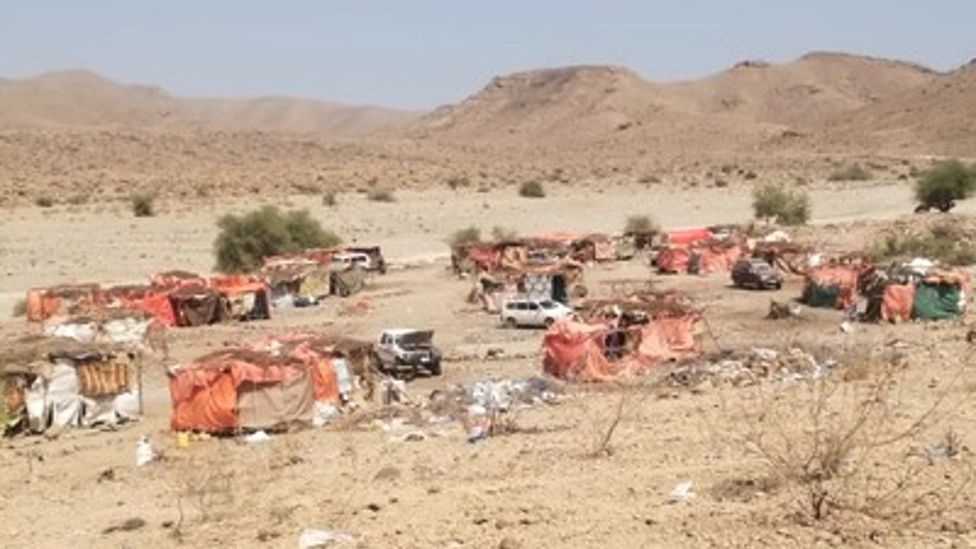All The Beauty and the Bloodshed film explores Sackler scandal
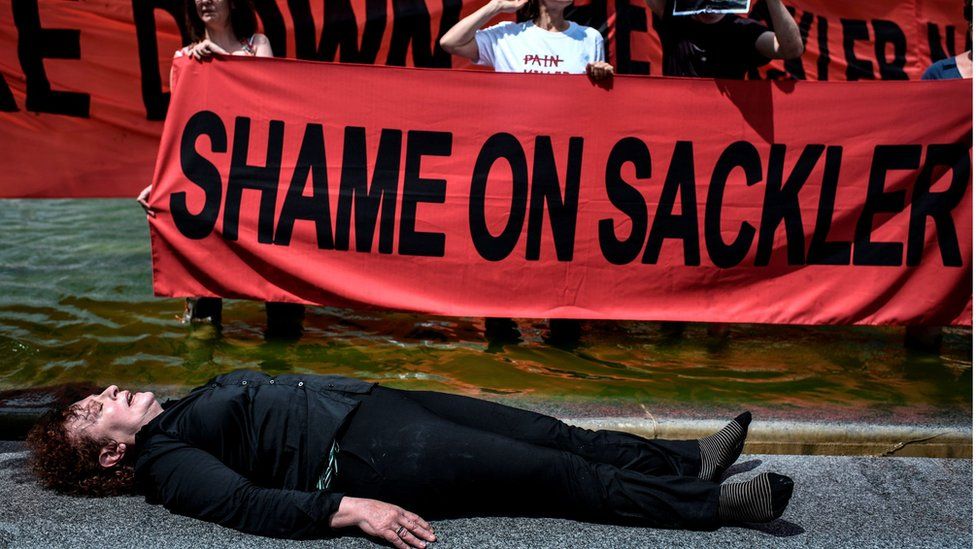 GETTY IMAGES
GETTY IMAGESAll the Beauty and the Bloodshed, directed by Laura Poitras, caused a stir earlier this year when it became only the second documentary to win the prestigious Golden Lion award at the Venice Film Festival.
It's a film that combines art and politics, explaining how a campaign led by photographer Nan Goldin prompted the world's leading museums and galleries to drop financial ties with the Sackler family, because of their link with the opioid drug OxyContin.
Poitras, who won a best documentary Oscar in 2014 for Citizenfour, about ex-CIA contractor Edward Snowden, thanked the Venice Film Festival jury at the time for "recognising that documentary is cinema".
Speaking more generally about her work, Poitras has said: "I do make films about political issues that I care about, but I want them to work as films. I'm passionate about cinema and every time a documentary is successful, it's successful for all of us who make them."
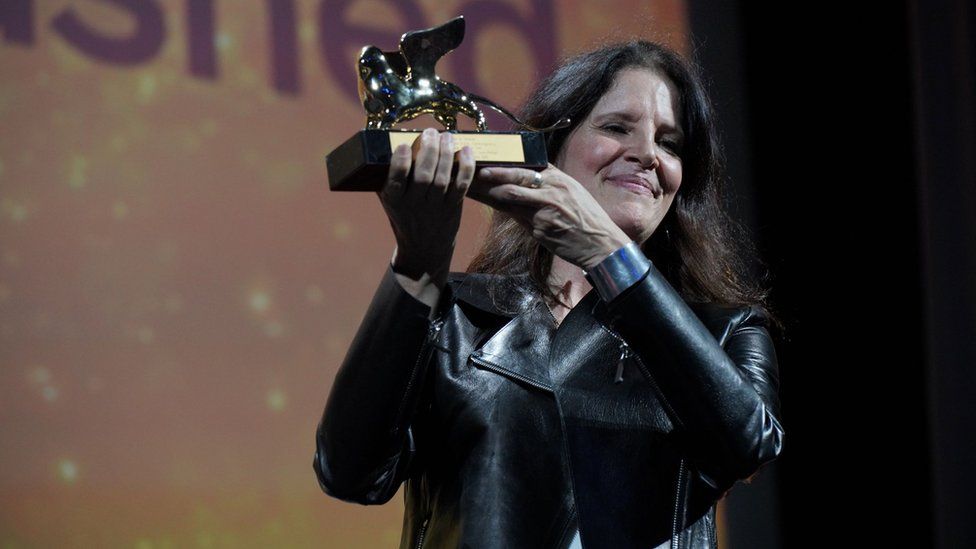 VENICE FILM FESTIVAL
VENICE FILM FESTIVALThe movie is now on the longlist for best documentary at the Oscars and it's also being tipped to possibly become the first ever non-fiction film to get an Academy Award best picture nomination.
It tells the story of how New York-based Goldin and the advocacy organisation Pain (Prescription Addiction Intervention Now) took direct action at the world's most famous art galleries in protest at their ties with the Sacklers. Museums including the V&A, the Tate in London and the Louvre in Paris have dropped their connections.
The Sackler-owned company, Purdue Pharma, which manufactures OxyContin, reached a settlement this year with several US states for its role in the US opioid crisis. Millions of people in the US have become addicted to opiate-based painkillers such as fentanyl and OxyContin, while nearly half a million deaths there were attributed to painkiller overdoses between 1999 and 2019.
The story was also made into an Emmy award-winning drama series, Dopesick, starring Michael Keaton.
But what has led publications including The Hollywood Reporter and Variety, to call the Poitras film both "exquisite" and "lacerating," is the director's weaving of Goldin's own history through the narrative.
The 68-year-old photographer was addicted to OxyContin herself at one point, but she is best known for her ground-breaking artistic career, including being the first to curate a group exhibition about the Aids epidemic, called Witnesses: Against Our Vanishing in 1989.
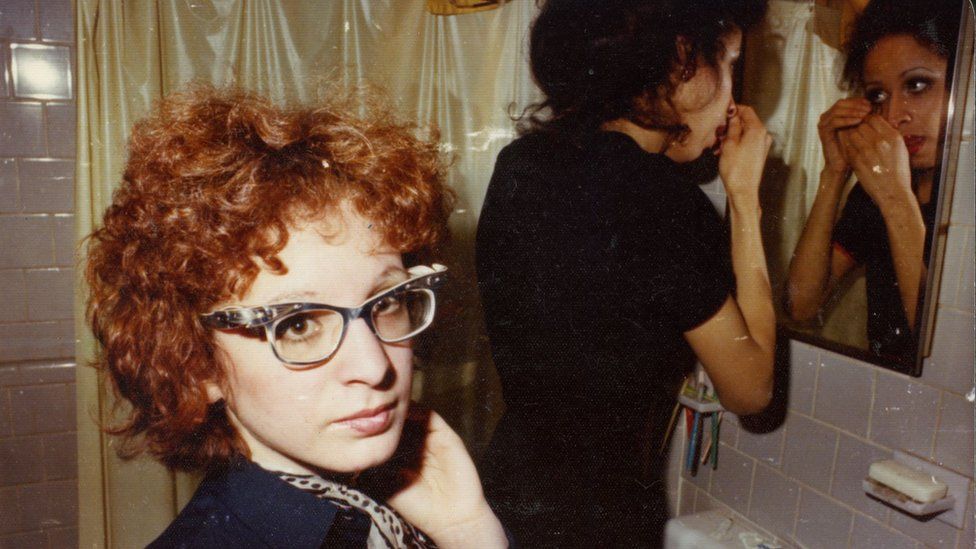 ALTITUDE
ALTITUDE"I started doing these interviews with Nan for the documentary and I was so moved by them, her work and her life that I knew it had to be the heart of the film," Poitras explains.
"I knew I wanted to interweave these portraits and also show some parallels between what drives her as an artist and the relationship between art and politics. Her work is so close to the heart, but also so political.
"She created a national controversy in the US with that exhibition in 1989, she was losing her community and generation to the Aids crisis. There's something about Nan, that she ends up being on the right side of history again and again. She stands up for truth and rejects this notion of the status quo."
While documentaries such as Asif Kapadia's portrait of musician Amy Winehouse, Amy, and Michael Moore's Fahrenheit 9/11, an investigation into the US wars in Iraq and Afghanistan, have done well at the box office, it's still very rare for a non-fiction film to beat a feature movie in awards categories.
In 2004, Fahrenheit 9/11 was only the second documentary ever to win the Cannes Palme D'Or prize - but it didn't go on to be nominated in the Oscar best picture or even documentary categories.
"To me though, it makes sense that All the Beauty and the Bloodshed won the Golden Lion at Venice and is being mentioned as a potential best picture nominee," says film critic and festival programmer Kaleem Aftab.
"It felt like an American story, there's an important message as well as an exploration of who Nan Goldin is, and in the US, this news story is big, so I can see why it might strike a chord with Julianne Moore, who led the Venice Film Festival jury this year, and just resonate with audiences in the US generally. I agree having an American subject matter helps push you into the awards conversation - but then the Oscars are the American Academy Awards."
Aftab adds, however, that even in the documentary category, the film could face stiff competition from other non-fiction films including Navalny by Daniel Roher, another politically-charged documentary about Russian opposition leader Alexei Navalny, and All That Breathes by Shaunak Sen, a cinematic exploration of two brothers' attempts to protect black kites dropping from the sky in Delhi's polluted air. Both are also on the Oscar longlist for best documentary.
"This year has been incredibly strong for documentaries, and their winning speaks to me of how they're becoming increasingly validated and watched in exactly the same ways feature films are being watched," Aftab explains.
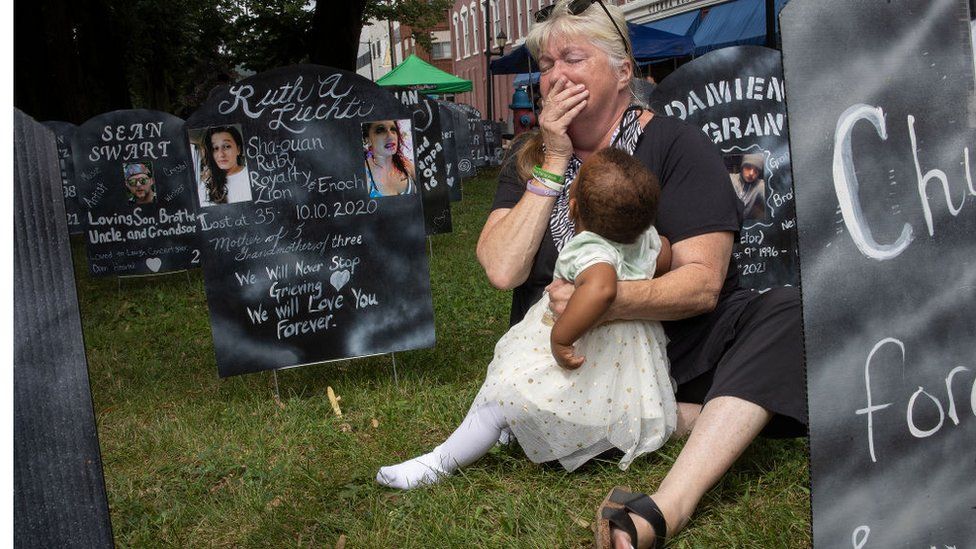 GETTY IMAGES
GETTY IMAGESPoitras says that her job as a filmmaker is to "hold people to account - we need to celebrate independent adversarial reporting, and documentary-making is one of those ways of doing it".
Reflecting on the story of All the Beauty and the Bloodshed though, Poitras thinks the success of Nan Goldin and Pain's campaign against the Sackler family name was "limited."
"In some ways the film is about impunity - no-one is facing jail time, or being indicted, or had to file for bankruptcy, but the family name has been shamed in cultural spaces, and that's some kind of success, but it's limited.
"The Sackler name does remain publicly in some spaces, but in fewer and fewer of them every day. The Louvre was the first to take the Sackler name down, the V&A did too, the Metropolitan Museum of Art in New York, and they're successes Nan should celebrate. It was a long overdue debate and only brought to the fore by people who were willing to take risks."
All the Beauty and the Bloodshed will be released in UK and Irish cinemas on 27 January 2023.


